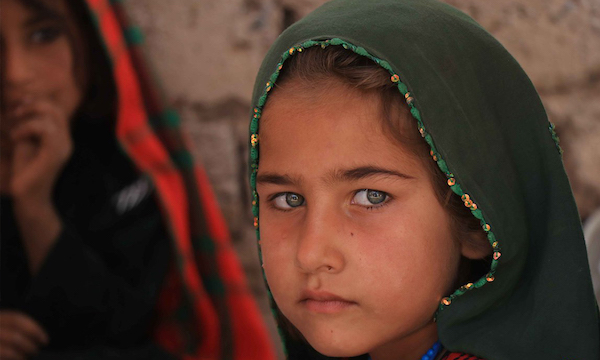UNICEF Executive Director Henrietta Fore said this week she is deeply concerned by reports that child marriage in Afghanistan is on the rise.

In a statement issued Saturday, Fore said: We have received credible reports of families offering daughters as young as 20 days old up for future marriage in return for a dowry.
Even before the latest political instability, UNICEF’s partners registered 183 child marriages and 10 cases of selling of children over 2018 and 2019 in Herat and Baghdis provinces alone. The children were between 6 months and 17 years of age, she said.
UNICEF estimates that 28 percent of Afghan women aged 15 to 49 years were married before the age of 18.
Fore attributed the rise in child marriages to the COVID-19 pandemic and the ongoing food crisis. She said the onset of winter has also further exacerbated the situation for families.
In 2020, almost half of Afghanistan’s population was so poor that they lacked necessities such as basic nutrition or clean water.
The extremely dire economic situation in Afghanistan is pushing more families deeper into poverty and forcing them to make desperate choices, such as putting children to work and marrying girls off at a young age.
She said UNICEF is working with partners to raise awareness around the risks for girls if they are married early.
We have started a cash assistance program to help offset the risk of hunger, child labour and child marriage among the most vulnerable families. We plan to scale up this and other social services programs in the months to come.
UNICEF will also work with religious leaders to ensure that they are not involved in the Nekah (the marriage contract) for young girls, she said.
In light of this, UNICEF called on all central, provincial and local authorities to take concrete measures to support and safeguard the most vulnerable families and girls. We urge the de facto authorities to prioritize the reopening of schools for all secondary school girls and allow all-female teachers to resume their jobs without any further delays.
The future of an entire generation is at stake, Fore said.
LINK: https://www.ansarpress.com/english/23835
TAGS:






























 Farkhunda Buried, Ghani Appoints Fact-Finding Team
Farkhunda Buried, Ghani Appoints Fact-Finding Team




